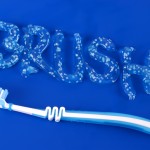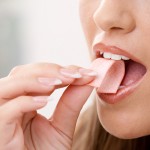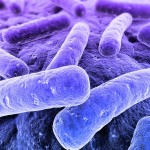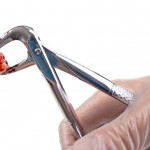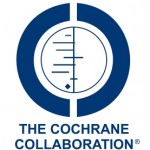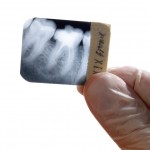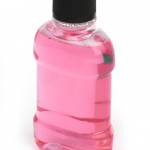
The latest ADA-EBD critical summary looks at a 2012 systematic review by Van Strydonck et al which looked at the effectiveness of Chlorhexidine (CHX) mouthrinse against plaque growth, gingival inflammation as well as the degree of staining. We have blogged about this review earlier (Dental Elf – 21st Sept 2012) As this new appraisal highlights, [read the full story…]
